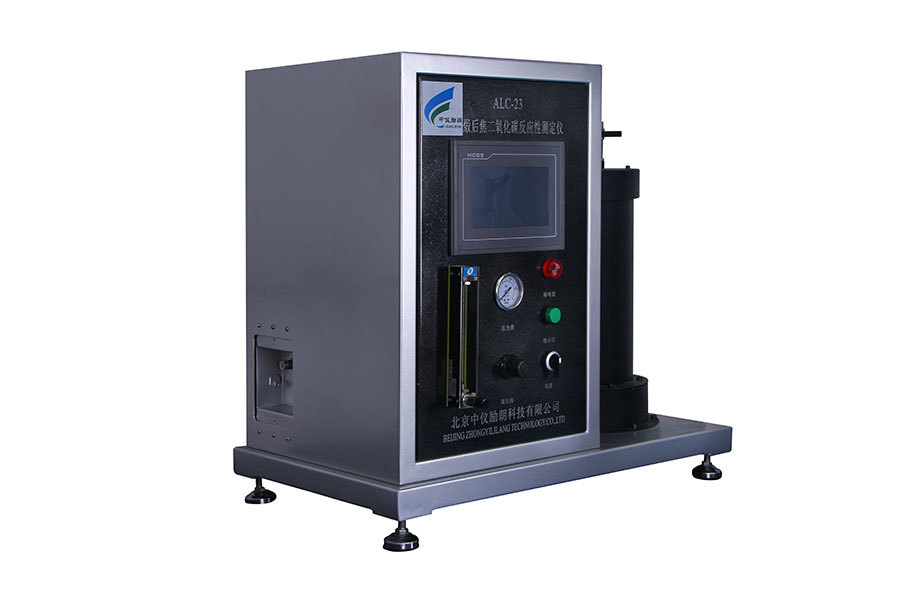How Advanced Calcined Petroleum Coke Contributes to Efficient CO2 Reactions
Apr 16,2025

1. Introduction to Calcined Petroleum Coke
Calcined petroleum coke (CPC) serves as a pivotal material in various industries, particularly in the production of aluminum, and as a key component in the creation of electrodes. However, its significance transcends traditional applications, especially in the context of environmental sustainability. As the world grapples with the pressing challenge of climate change, efficient CO2 reactions have become critically important. This article delves into how advanced calcined petroleum coke plays a vital role in enhancing the efficiency of these reactions, ultimately contributing to a more sustainable future.
2. Understanding Advanced Calcined Petroleum Coke
2.1 Manufacturing Process of Calcined Petroleum Coke
The advanced manufacturing processes for calcined petroleum coke involve the thermal treatment of green petroleum coke at high temperatures. This process, known as calcination, removes volatile materials and drives off impurities, resulting in a purer and more stable product. Typically conducted in rotary kilns or shaft kilns, calcination not only enhances the material's carbon content but also improves its structure, making it more suitable for CO2 reactions.
2.2 Unique Properties of Calcined Petroleum Coke
Advanced calcined petroleum coke possesses several unique properties that enhance its efficiency in CO2 reactions:
- **High Carbon Content**: With a carbon content exceeding 90%, CPC ensures that CO2 reactions proceed with maximum efficiency.
- **Low Sulfur Levels**: The low sulfur content minimizes the risk of harmful emissions during reactions, aligning with environmental regulations.
- **High Purity**: Calcined petroleum coke's purity increases its reactivity and stability, making it an excellent catalyst in various chemical processes.
These attributes make CPC an ideal candidate for applications aimed at reducing carbon footprints and improving reaction efficacy.
3. The Role of Calcined Petroleum Coke in CO2 Reactions
3.1 Mechanism of CO2 Reactions with Calcined Petroleum Coke
The interaction between CO2 and calcined petroleum coke is primarily driven by adsorption phenomena. The high surface area of CPC allows for effective CO2 adsorption, facilitating the conversion of greenhouse gases into more useful products. The unique structural characteristics of CPC enhance its ability to serve as a catalyst in various CO2 conversion processes, leading to the efficient transformation of carbon dioxide into value-added chemicals and fuels.
Recent research indicates that CPC does not merely serve as a passive substrate; it actively participates in chemical reactions, promoting pathways that lead to lower energy consumption and higher yields. This makes CPC a game changer in the search for effective CO2 mitigation strategies.
3.2 Applications in Carbon Utilization
The applications of advanced calcined petroleum coke in CO2 reactions are diverse, ranging across various sectors:
- **Carbon Capture and Storage**: In carbon capture technologies, CPC is used to enhance the efficiency of CO2 absorption and sequestration. Its high reactivity allows for more effective capture, which is critical for industries with significant carbon emissions.
- **Chemical Synthesis**: CPC plays a vital role in synthesizing chemicals from CO2, including methanol and hydrocarbons. These processes help close the carbon loop, turning waste into valuable resources.
- **Fuel Production**: The transformation of CO2 into renewable fuels is a burgeoning field. CPC's unique properties facilitate the production of synthetic fuels, contributing to a sustainable energy landscape.
By leveraging these applications, industries can move toward a circular carbon economy.
4. Environmental Impact and Sustainability
4.1 Contribution to Carbon Neutrality
As global efforts to achieve carbon neutrality intensify, the role of advanced calcined petroleum coke becomes increasingly important. By improving the efficiency of CO2 reactions, CPC not only helps reduce emissions but also supports the creation of carbon-neutral products. This aligns seamlessly with the objectives outlined in international climate agreements, making CPC a crucial asset in combating climate change.
Moreover, the use of CPC in carbon utilization technologies creates a sustainable cycle where carbon is repurposed rather than emitted. This innovative approach not only mitigates the impacts of climate change but also opens up new economic opportunities.
4.2 Future Trends in Carbon Management
Looking ahead, several trends are likely to shape the future of advanced calcined petroleum coke in CO2 reactions:
- **Increased Research and Development**: Ongoing R&D efforts aim to enhance the efficiency of CPC in various chemical processes. Innovations in material science could lead to even more effective catalysts.
- **Integration with Renewable Energy Sources**: As renewable energy technologies evolve, integrating CPC into these systems could amplify their effectiveness, enabling more sustainable CO2 management strategies.
- **Global Collaboration**: International partnerships and collaborations are expected to play a significant role in advancing the use of CPC for CO2 utilization, promoting best practices and shared technologies.
These trends suggest a promising future for advanced calcined petroleum coke, highlighting its potential to contribute significantly to global carbon management efforts.
5. Conclusion
In conclusion, advanced calcined petroleum coke stands at the forefront of innovative solutions for enhancing the efficiency of CO2 reactions. Its unique properties, coupled with its extensive applications in carbon capture and chemical synthesis, make it a vital component in the pursuit of environmental sustainability. As industries strive toward carbon neutrality, the role of CPC will only grow more critical, providing a pathway for effective CO2 utilization and a brighter, more sustainable future.
PREVIOUS:
Contact Us








